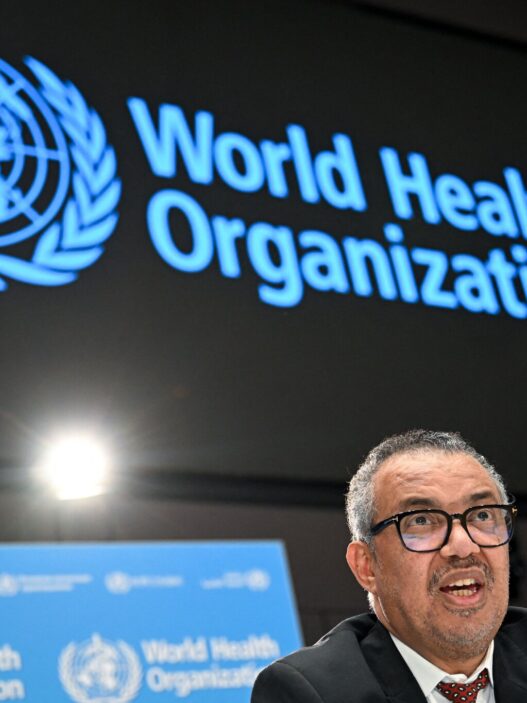In an unprecedented move, the Trump administration is directing federal agencies to avoid using certain terms including “mental health,” “advocacy,” “gender,” and “equity” as part of a broader effort to eliminate what it calls “woke” language in government.
While this may sound like a language change on paper, experts warn the consequences could be real, widespread, and dangerous.
According to documents reviewed by The Washington Post and NPR, this guidance could affect how agencies communicate, fund programs, and even decide which services to support.
For mental health advocates, this is a red flag that could undo years of progress.
Why Words Matter in Policy and Funding
Federal funding and support for mental health programs often rely on how issues are described in official documents, laws, and budgets.
When a term like “mental health” is removed from grant language or funding requests, programs may become harder to justify or track, especially in underserved states like Missouri and Kansas.
“If you stop saying ‘mental health,’ you start hiding it,” said a policy director from a national health nonprofit.
“That doesn’t make the need go away, it just makes it easier to ignore.”
In Missouri, where the state ranks 44th in the country for overall mental health care access, the stakes are high.
Kansas ranks 22nd, but still struggles with limited provider availability and large numbers of youth not receiving needed care.
Removing key language like “mental health” from federal discourse could worsen already existing gaps in care.
Insurance Coverage May Be at Risk Too
Federal law requires insurers to offer mental health coverage equal to physical health coverage a rule known as mental health parity.
But that rule depends on government enforcement and clear language in health policy documents.
The American Psychological Association warns that if federal agencies no longer use the term “mental health” clearly and consistently, it could weaken enforcement of parity laws, giving insurance companies room to reduce or restrict coverage for therapy, psychiatric services, and medications.
“It’s not just about language, it’s about access,” said the APA in a recent statement. “If you remove the words, you remove the pathway to care.”
A Blow to Advocacy and Public Trust
The word “advocacy” is also on the banned list, and that’s just as troubling. Groups like the National Alliance on Mental Illness (NAMI) depend on federal funding to help them support families, train providers, and spread awareness.
These efforts are labeled “advocacy” in nearly every federal grant and policy framework.
Now, with that word seen as politically charged, funding could dry up, and groups may be discouraged from speaking out on behalf of those who need mental health care most.
In a press release, NAMI CEO Daniel H. Gillison Jr. said:
“We are in the middle of a mental health, suicide, and overdose crisis in America.
This is the worst possible time to retreat from language and leadership.”
Veterans and Children Could Be Hit Hardest
The Veterans Administration has already been asked to reframe how it talks about mental health, according to The New York Times.
Internal emails obtained by NPR show Elon Musk, who now leads the Department of Government Efficiency (DOGE), questioning the use of resources for PTSD and trauma care, calling it “excessive emotional buffering.”
Mental health experts say that veterans, children, and people of color will likely bear the brunt of these decisions.
In many communities, these are the groups most affected by trauma, and the most dependent on public programs for support.
In Missouri and Kansas, where youth mental health services are already underfunded, the 2024 State of Mental Health in America report shows that more than 50% of kids with major depression receive no treatment at all.
Now, those numbers could climb even higher.
What Happens When the Words Disappear?
The Trump administration’s push to erase “mental health” and related terms from the federal vocabulary is a public health risk.
When you remove the language, you remove visibility. When you remove visibility, you remove accountability.
And when that happens, people suffer in silence.
The language we use in government matters. It shapes how we fund care, how we insure treatment, and how we show up for each other in times of need.
At a time when demand for mental health support is higher than ever, the question isn’t whether the words are “too woke.” The question is
can we afford to stop saying them at all?























